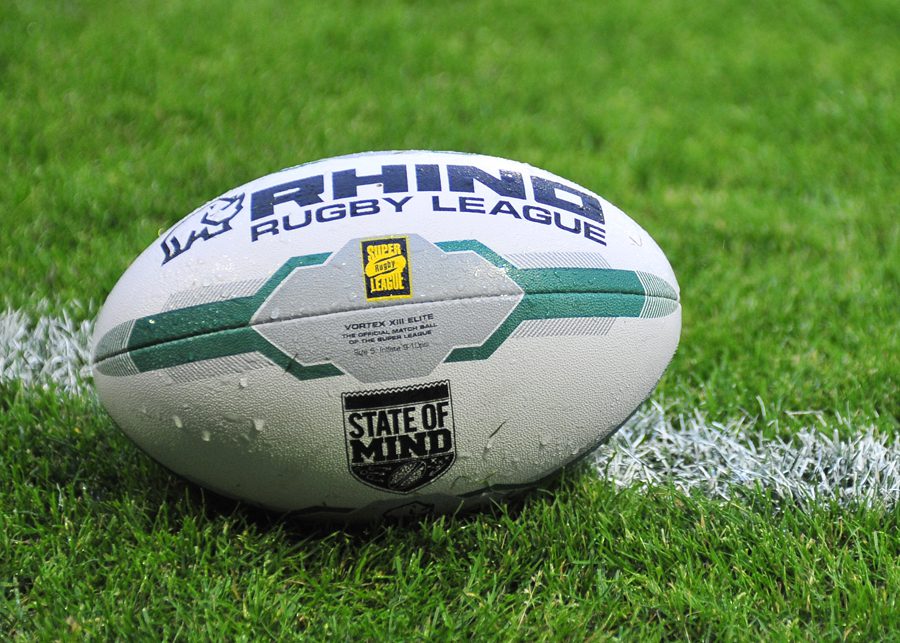 Our internal body clock has such a dramatic impact on sporting ability that it could alter the chances of Olympic gold, say researchers. The team at the University of Birmingham showed performance times varied by 26% throughout the day.
Our internal body clock has such a dramatic impact on sporting ability that it could alter the chances of Olympic gold, say researchers. The team at the University of Birmingham showed performance times varied by 26% throughout the day.
Early risers reached their athletic peak around lunchtime, while night owls were best in the evening. The researchers say it could even explain why Spanish teams have more success in European football. The body clock controls everything – from alertness to the risk of a heart attack – in a daily rhythm.
Some aspects of sporting ability were thought to peak in early afternoon but a study in the journal Current Biology suggests each competitor’s sleeping habits have a powerful impact. They took 20 female hockey players and asked them to perform a series of 20m runs in shorter and shorter times. And they did it at six different times of day between 07:00 and 22:00.
The results showed a peak performance in late afternoon, but then the scientists looked separately at early-type people, late-type people and those in the middle.
This time the gap between the best and worst times was 26%, and a far more complicated picture emerged.
Larks – or early risers – peaked at 12:00
Intermediate types peaked just before 16:00
Owls – or late types – peaked not long before 20:00
Lead researcher Dr Roland Brandstaetter told the BBC News website: “Athletes and coaches would benefit greatly if they knew when optimal or suboptimal performance time was.”
He said a 1% difference in performance would be the difference between fourth place and a medal in many Olympic events.
Body clocks can be adjusted. Jet lag is when you feel rough before adjusting to a new time. “So if you’re an early type in a competition in the evening, then you’re impaired, so you could adjust sleeping times to the competition,” Dr Brandstaetter said. He said such body-clock problems “absolutely” contributed to England’s struggles in the pinnacle of European football – the Champions League. “You have players that do extraordinarily well in the English Premier League at 15:00, but they suddenly don’t perform as well in the evening in the Champions League,” he said.
He argued Spanish society, which runs a bit later in the day, may be giving teams from that country an advantage.
Dr Brandstaetter said this provided an important lesson for talent-spotting. “It takes place more or less in adolescents, but we know half of them are owls, yet almost all cases of talent-spotting are during the school hours,” he said.
“That is when they are in the range of 70-80% of peak performance, so we are missing out on a huge number of high performers by testing at the wrong time of day.”
Commenting on the findings, Dr Thomas Kantermann, from the University of Groningen and the scientific manager of the ChronoCity project in Germany, told the BBC: “The study adds to our understanding about the importance of circadian biology [body clocks] and internal time in physical performance.
“Only by taking internal time into account can true and fair assessments of human performance become possible.
“The current paper supports our previous research and nicely paves the way for more fruitful circadian studies in the future.”

